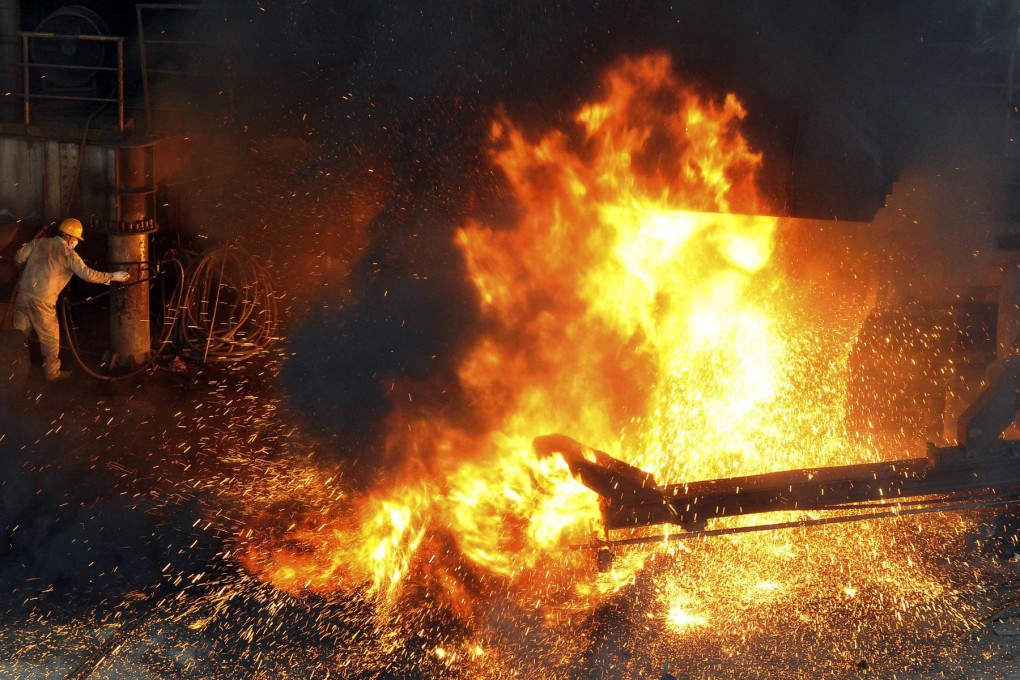Hebei Iron blazes trail for China's industrial outsourcing

These are not the best of times to be one of the mainland's massive, state-owned steel mills. The economy is slowing, competition is increasing and there is widespread disgust and impatience with the smog pouring out of their stacks. In short, their lucrative business model for the past three decades is slowly dying. So what is a manager of a mainland steel mill to do?
One surprisingly popular option is to bid the mainland goodbye. In November, Hebei Iron & Steel, the country's largest steelmaker by production, said it was moving five million tonnes, or roughly 11 per cent, of its annual output to South Africa.
According to press reports, it will not be going abroad alone. By 2023, Hebei province, the mainland's most polluted province, plans to export 20 million tonnes of steel, 30 million tonnes of cement and 10 million weight boxes of glass capacity (a weight box equals roughly 50 kilograms) to points still not named.
At first glance, the export of excess industrial capacity would not appear to make much business sense. It is not clear there is much demand in South Africa for Hebei Iron's plentiful wares. Why, then, is it doing this?
The officials in Hebei province who oversee the company may have felt they had no choice. First, they faced political pressure to reduce their environmental impact in the country. Second, Hebei may simply be at a loss as to how to scale back massively bloated businesses.
The effect on the mainland's domestic steel prices has been devastating. Consider the price in Shanghai for steel reinforcing bar, which fell 29 per cent last year. That drop was largely precipitated by the country's economic slowdown (and the slowest growth rate since 1990).